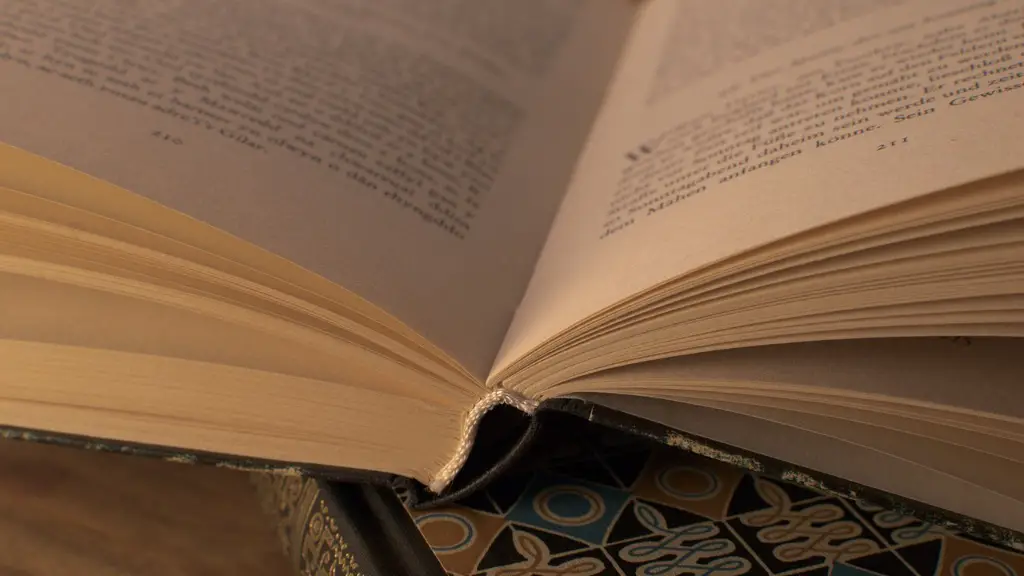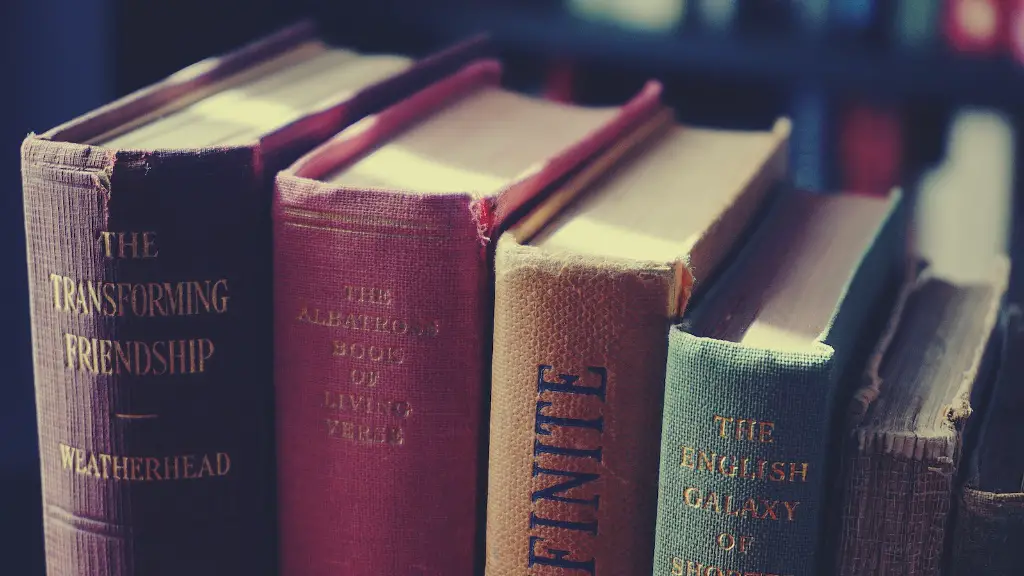What is a poetry collection?
Poetry collections are a compilation of one or multiple poet’s work. It can also be a variety of different poets’ work that share a certain theme. For example, a collection may be based on a particular season, emotion or experience. Generally, the poems that make up a collection will link to each other stepwise. It is vital for a collection’s success that it provides the reader with a captivating journey.
A poetry collection is the most distinguished type of book for writers, preserving their works and invaluable ideas. It allows readers to explore stories, feelings and concepts in a collection format. In a well-written poem collection, each poem takes a new perspective and variation on the main theme. The creation of a collection usually takes place over a longer period of time. The poets may first write the poem, then adjust and refine it until it has achieved their desired outcome.
The grammar and syntax of the poems in a collection need to be thorough and deliberate to illustrate the corresponding message or feeling. This is one of the most difficult parts in the compilation of the collection, as the author needs to convey the same interpretation consistently in each poem while avoiding monotony and repetition.
The particular language and artistry used in poetry collections cannot be found in most other published works, increasing their value and appeal. Poetry collections can make readers feel empowered, courageous or awestruck, and can develop an emotional bond between readers and writers.
Impact of poetry collections
The impact of poetry collections is tremendous across different literary societies, providing an avenue for readers to interpret the unpleasant and beautiful sides of life. In its simplest form, it helps readers learn the skill to convert thoughts into feelings in an ever-changing landscape. It’s a fascination how authors can be conscious of the readers’ emotions and use that knowledge to enrich the feelings used within a poem.
The form of a poem within a collection can be a key factor in passing the underlying meaning across, as it allows a poet to seek subtlety and nuance. For example, a poet can choose to use the sonnet, which is often associated with the author demonstrating their control over the themes. This explains why collections have become a popular field in the world of literature; not only allowing authors to control the flow of the poems, but also allowing readers the ability to incorporate their inner experiences and emotions within the collection. By joining forces and designing experiences, readers can not only indulge in the aesthetic and emotional meaning of the collection, but also extract deeper interpretations of the same message.
Poetry collections have become a haven for understanding the human psyche. It allows readers to use their passion and understanding to analyse and interpret messages from the collections. Eventually, this leads to a better understanding of how we function as human beings. Furthermore, the interlinked sequences of poems offer the reader tactile and emotional impacts which can be then further explored and developed.
Value of poetry collections
Whether it’s to use for comfort, for inspiration, for remembrance or for contemplation, poetry collections provide readers with access to a vital source of empathy. Collections allow poets to explore more of the range of emotions by blending the ideas and topics of the poems, thus providing responses to life’s more complex questions.
The ability to provide deep and relatable messages can be achieved through detailed descriptions, expression and elaboration. Authors, who often rely on metaphorical language to communicate, can use this to communicate to readers on a personal, individual level. Subsequently, it allows the reader to take their own journey through an author’s writing, thus improving the prospect of having a personal experience.
Furthermore, the uncompromising cerebral power of a collection allows the reader to intentionally observe, absorb and are reflect upon the author’s work and concepts. Orators often use collections as a medium to describe their feelings. Some occasions also include anthologies and compilations, which allows writers to manipulate the audience’s perception through the information they provide.
Concept of emotion and identity
The concept of emotion and identity in poetry collections is often quite strong. Utilizing powerful vocabularies and themes in the composition of a poetry collection can help to maximize the accuracy of emotions. The author may also include the use of an interlinking narrative throughout the poems to sustain the reader’s connection to their individual identity.
Moreover, authors often use poetry collections to explain the beauty and complexity of life, as expressions of emotion such as emotions of love, hate and guilt can be enhanced through the use of words. For example, a translation of Shakespeare famously said ‘Shall I compare thee to a summer’s day?’ shows how words can either create or destroy the impressions of emotions. In this case, it is creating a comforting and relaxed emotion.
Similarly, authors can also enhance their collections by using shifts in rhyme schemes, which will provide the reader with a subconscious feeling of change and development in the themes of the poem. Additions of enjambments can be used to create a sense of continuity, thus allowing the reader to flow through each piece. Ironically, collections can also be used to create a false sense of identity or connection between the reader and the author.
Cultural importance
The importance of poetry collections in culture today is also quite significant. Collections have been known to trace our history, helping to generate new conversations around the evolution of humanity. They are also used to provide a safe space for the promotion of new ideas, understanding and connections.
Throughout the world, any expression of art is bound to provoke discussion and discourse. For instance, collections run the risk of being seen as potentially controversial because of the diversity of themes and interpretations that it presents. On a national and international scale, collections are used to explore difficult topics such as how we as individuals interact with our communities, as well as how societies function within cultural and political boundaries.
Poetry collections are also known to be used as a form of education, as authors break down the boundaries that readers have faced in the past and offer a different perspective on the same topic. In foreign communities, poetry collections are used to help people integrate their culture and stimulate discussions between different cultures.
Expression of personal beliefs
One of the key elements in a collections is the expression of personal beliefs and ideas. In this case, authors take the opportunity to instil certain values, Ideals and messages through the pieces they create, often on the topics of justice and equality. Poetry collections are also often used to challenge certain existing views or perspectives.
Having an understanding of the past, the society and culture can add depth to the individual poems. For example, the author may choose to discuss the importance of justice, freedom and peace in their collection, as this puts emphasis on the fact that all these values transcend education, economic backgrounds and religion. By doing so, readers can gather a glimpse of predictions and warnings that can help shape the future of humanity.
Ultimately, poetry collections are immensely valuable for both the readers and the authors. Authors can take the liberty of showcasing a variety of interpretations and themes, while readers can further harness their understanding through these stories. By fully engaging in what a collections has to offer, readers can be given the opportunity to more deeply explore and understand the subtleties of the mindset, culture and history of humanity.

